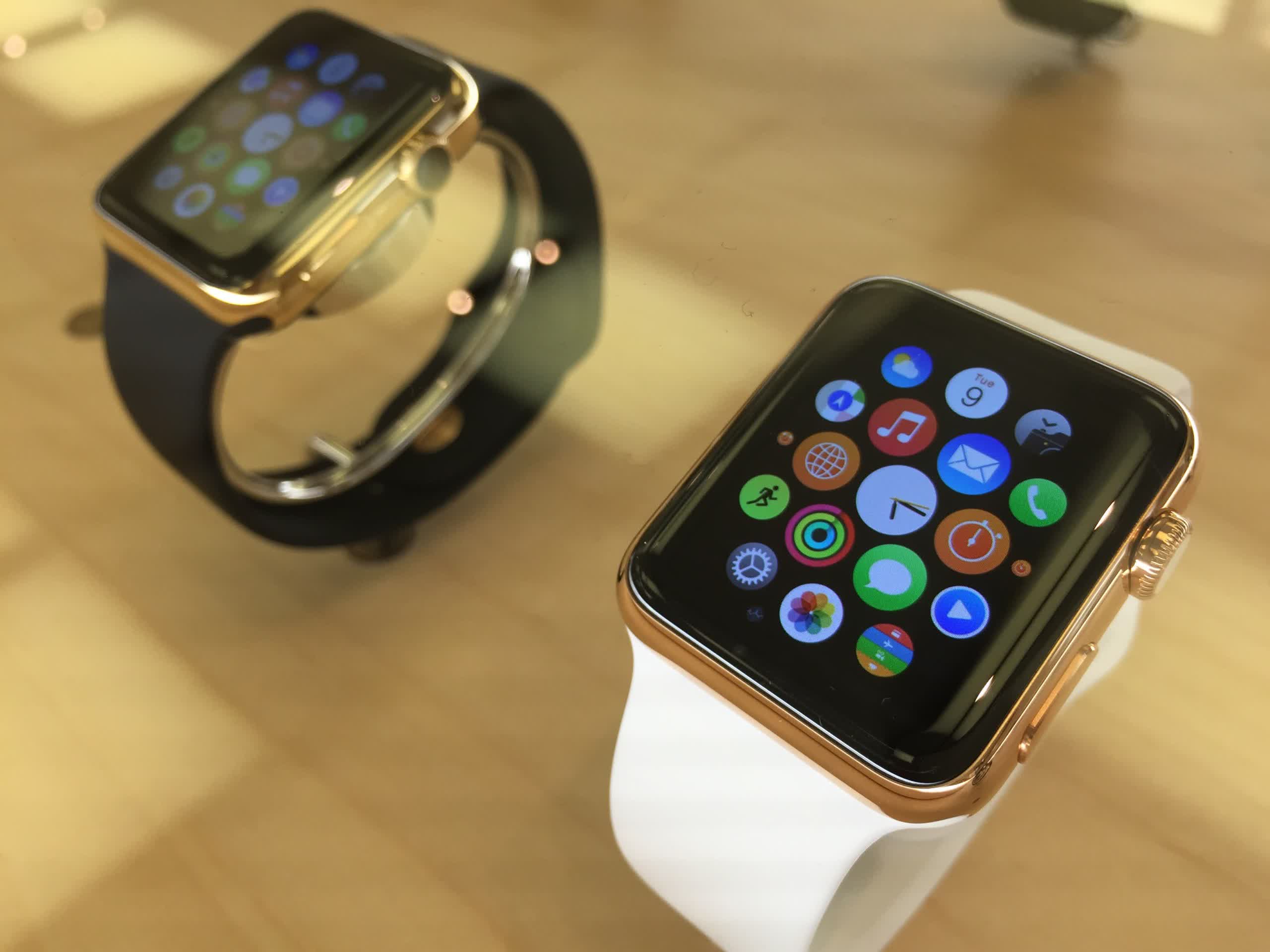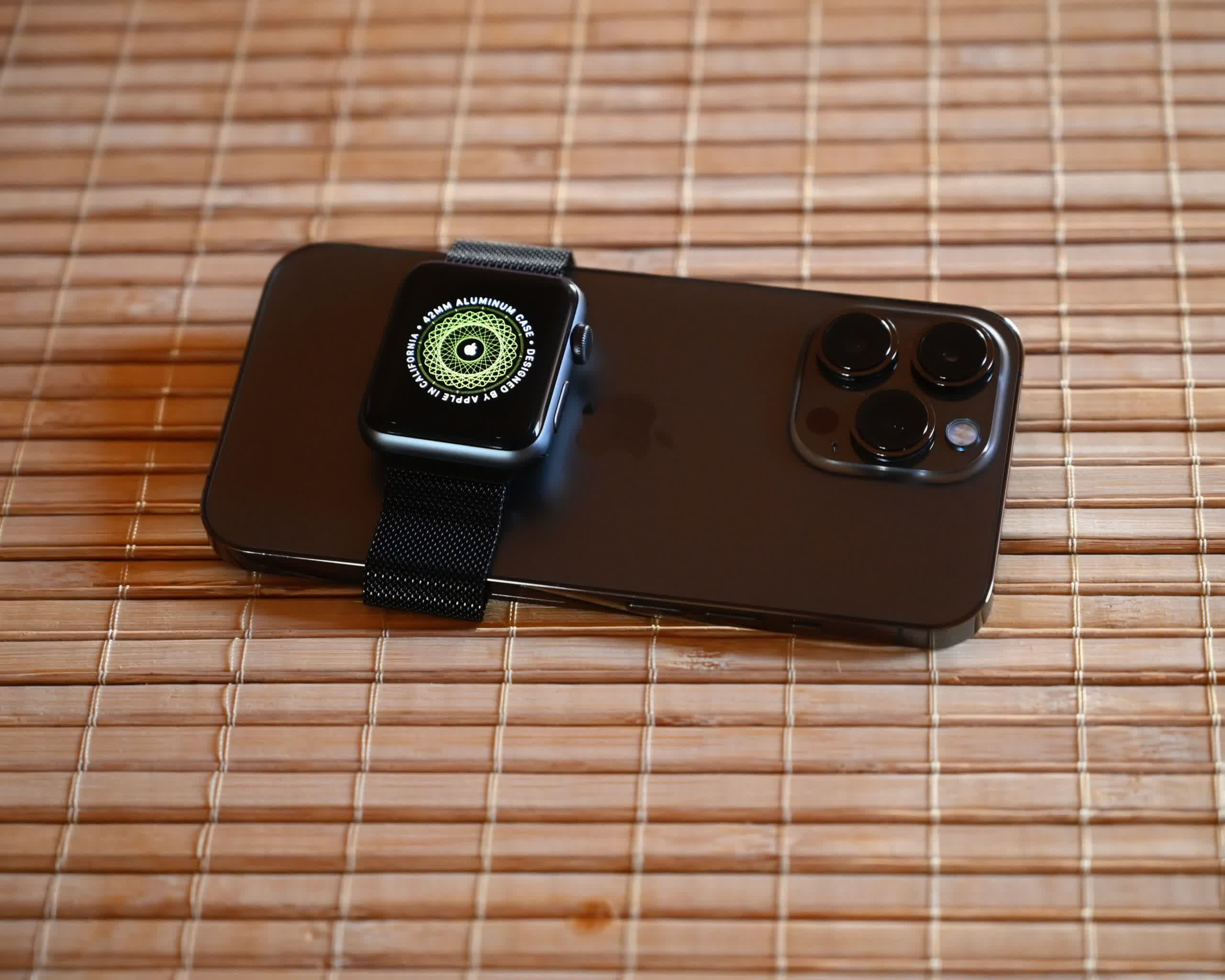In context: The US government's antitrust lawsuit against Apple prompted the company to confirm that it had once considered making the Apple Watch compatible with Android phones. It claims that after investigating the consideration, it determined it was too complicated and would result in an inferior product.
On Thursday, Apple responded to the Justice Department's antitrust lawsuit, saying it "threatens" the company's customer base. The suit targets the iPhone and Apple Watch while roping in other aspects of the tech giant's business, including advertising, browsers, FaceTime, and News services. Apple promises to defend itself against a legal action that it calls "wrong on the facts and the law."
"This lawsuit threatens who we are and the principles that set Apple products apart in fiercely competitive markets," an Apple spokesperson said. "It would also set a dangerous precedent, empowering government to take a heavy hand in designing people's technology. We believe this lawsuit is wrong on the facts and the law, and we will vigorously defend against it."
One example of a meritless complaint that Cupertino points to is the DoJ's notion that Apple intentionally designed its watches to be incompatible with Android devices. Apple remarks that it had actually worked on making the Apple Watch compatible with Android for three years but ultimately gave up because of technical limitations.

While it may seem logical for Apple to strive for compatibility with as many devices as possible to boost sales, the claim of 'technical limitations' might not hold up under scrutiny. A report from Bloomberg's Mark Gurman in 2023, citing anonymous sources, revealed that an effort to make the Apple Watch compatible with Android, known as Project Fennel, was nearly complete but was allegedly abandoned due to concerns it would dilute iPhone sales.
However, this potential contradiction in Apple's argument has little bearing on whether providing watch compatibility to Android constitutes a monopoly. Even if the insider claims were valid, arguing that Apple must make products compatible a competitor's is relatively weak. Compare it with any other similar device. Was Sega ever sued because the Sega CD didn't work on Nintendo consoles? Is Samsung getting sued because its Android-based Galaxy Watch is incompatible with iOS?
It's quite a stretch to say that a company has a monopoly simply by making devices that work well within its bailiwick with little or no consideration to others in the market. Most businesses do this. There is no explicit responsibility requiring a firm to ensure its product function with its competitors. In fact, this would erode quality for the lack of a competitive standard. The fact that Apple has lines of devices distinct from Samsung or Google ensures that consumers are getting the best quality possible from all of them.
Image credit: Simon Waldherr, Ryan Kawailani Ozawa
